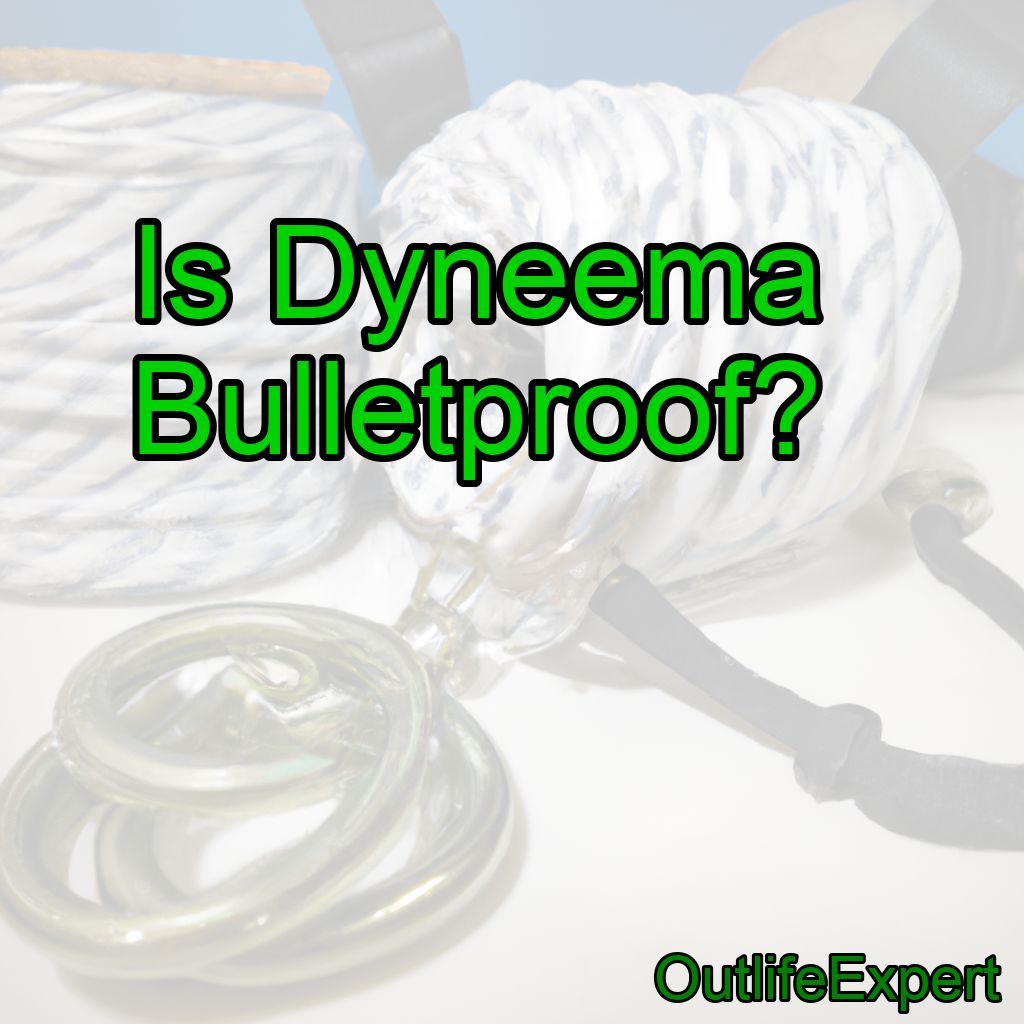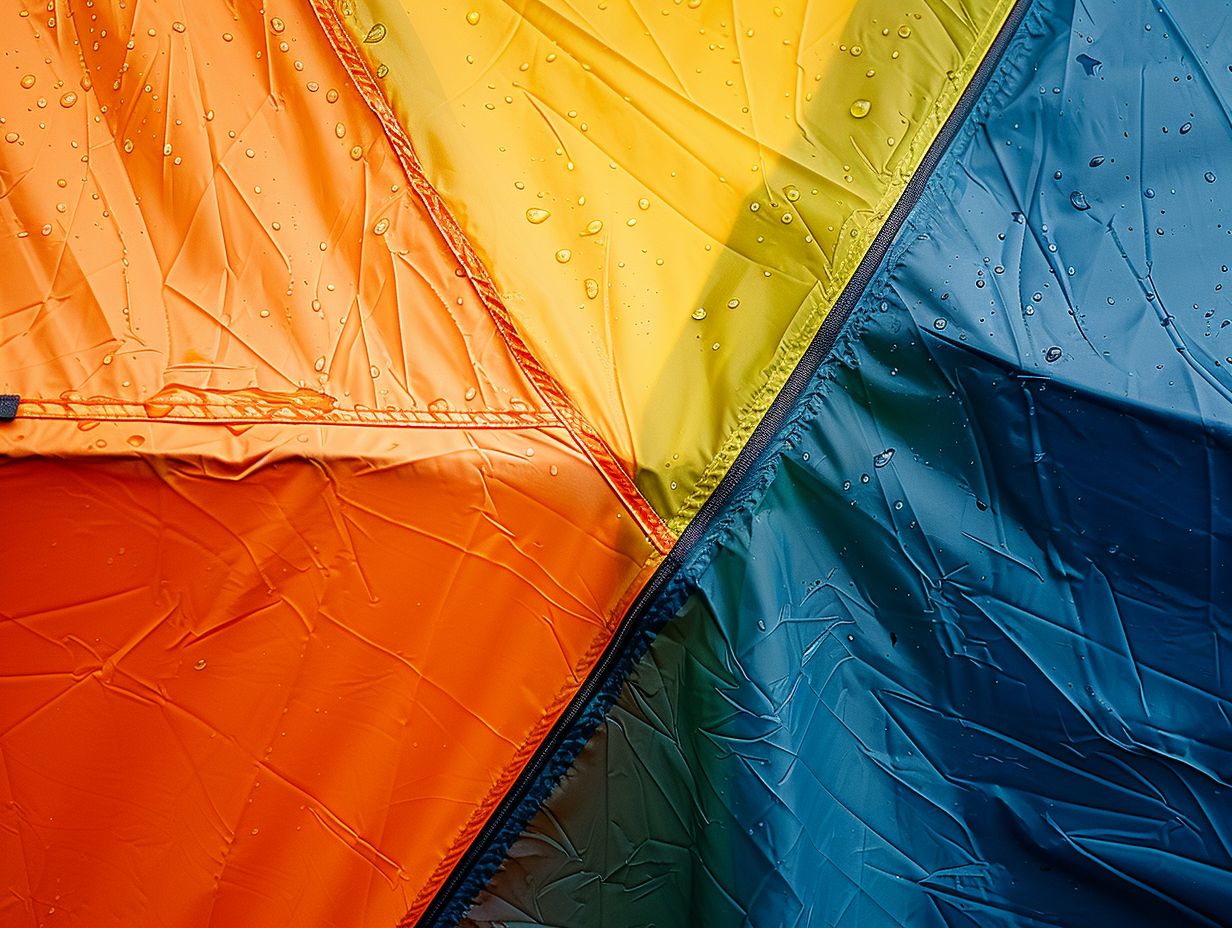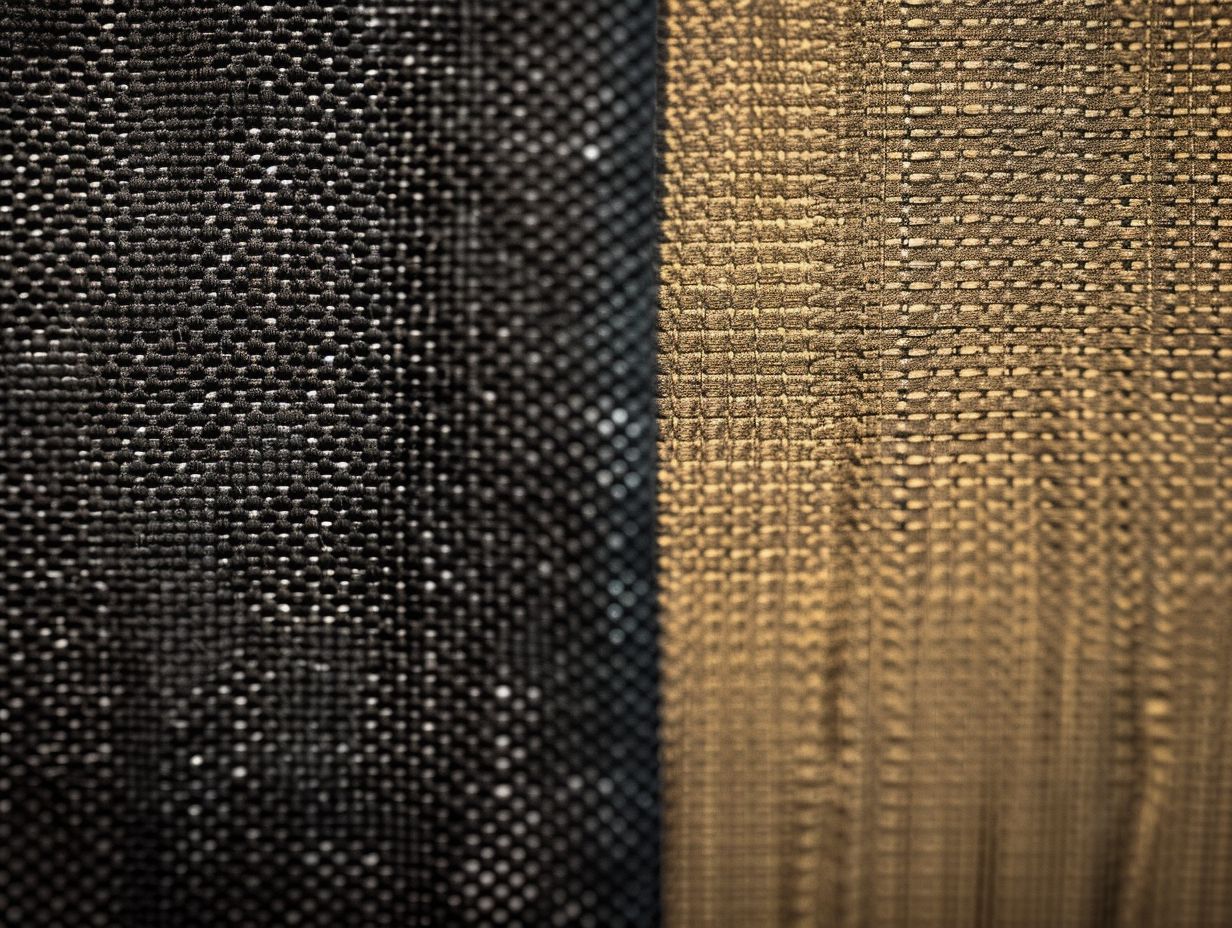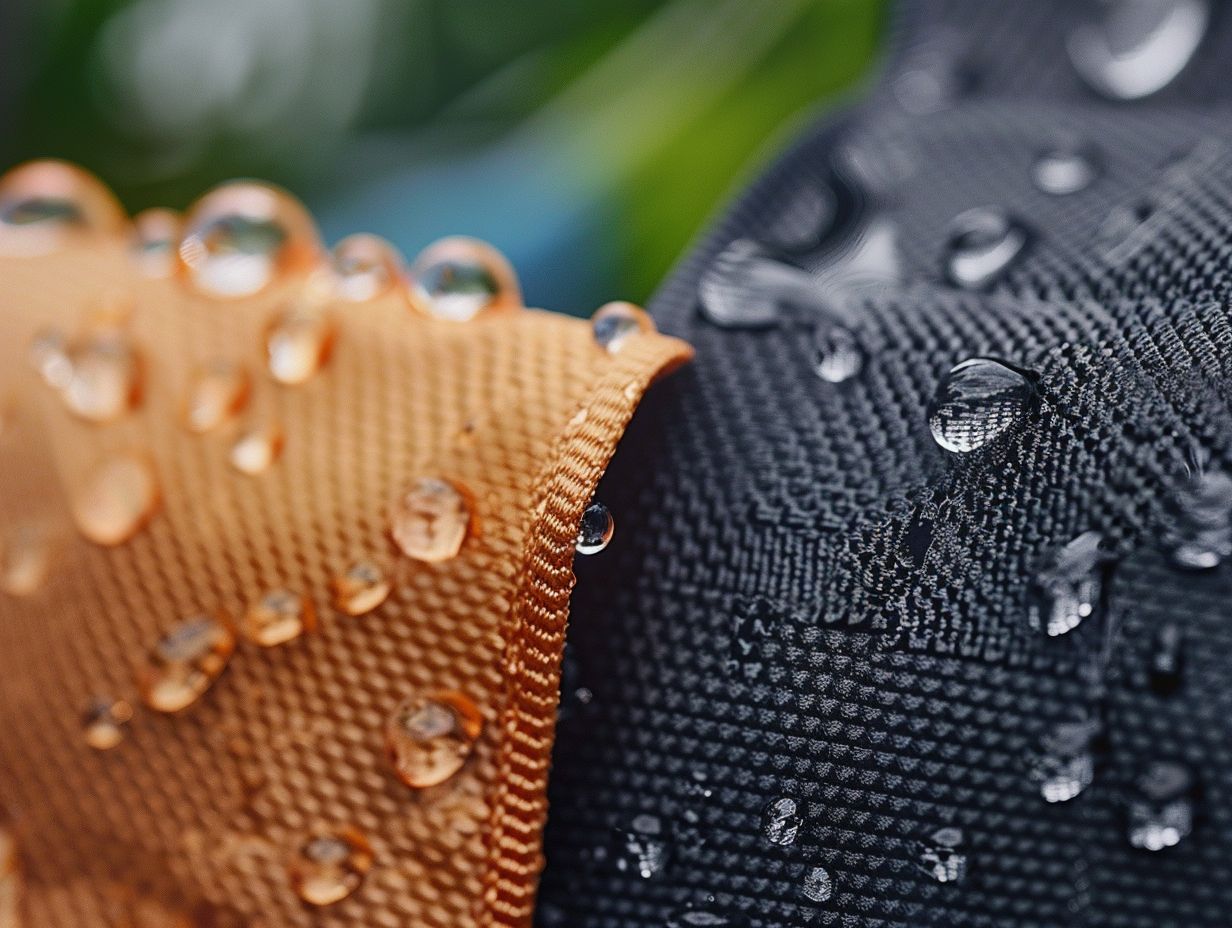Dyneema is a high-performance synthetic fiber that is known for its exceptional strength and durability. While Dyneema is not technically bulletproof in the sense that it can stop any bullet under any circumstances, it is one of the strongest and most resistant materials available for various applications, including ballistic protection.
Dyneema-based materials, such as Dyneema fabric or Dyneema panels, are commonly used in the manufacturing of bullet-resistant vests and helmets.
Dyneema fibers have an incredibly high tensile strength-to-weight ratio, which means they are very strong while remaining lightweight. This makes Dyneema an excellent choice for body armor and other protective equipment.
However, it’s important to note that the effectiveness of any bulletproof or bullet-resistant material depends on various factors, such as the specific threat level, the velocity and caliber of the bullet, and the design and construction of the protective gear.
No material is completely impervious to all types of bullets or projectiles! The level of protection provided by Dyneema-based products will vary depending on the specific design and construction standards of the armor or equipment in question.
Is Dyneema bulletproof?
What is Dyneema?
Dyneema is an ultra-high molecular weight polyethylene (UHMWPE) fiber that is known for its incredible strength-to-weight ratio, making it one of the strongest materials on earth. It was developed by the Dutch company DSM and is often referred to as the world’s strongest fiber.
Properties of Dyneema
Dyneema has several key properties that make it an ideal material for bulletproof applications:
1.High tensile strength: Dyneema’s tensile strength is up to 15 times stronger than steel and 40% stronger than aramids, making it highly resistant to cutting, tearing, and abrasion.
2.Lightweight: Despite its strength, Dyneema is incredibly lightweight, with a density lower than that of water. This allows for the creation of lightweight bulletproof vests and armor that provide exceptional protection without weighing the wearer down.
3.Chemical and UV resistance: Dyneema is highly resistant to chemicals, moisture, and UV radiation, making it suitable for use in various environments and ensuring its longevity.
4.Flexibility: The fibers of Dyneema are highly flexible and can be woven into fabrics or combined with other materials to create composite armor. This allows for the creation of comfortable, form-fitting bulletproof vests and other protective gear.
Applications of Dyneema in bulletproof gear
Personal protective equipment (PPE)
Dyneema is used extensively in the manufacturing of personal protective equipment, including:
1.Bulletproof vests: Dyneema-based vests are lighter and more comfortable than traditional Kevlar vests while offering the same level of protection. They are widely used by law enforcement, military personnel, and private security forces.
2.Helmets: Dyneema’s lightweight properties make it an ideal material for ballistic helmets, providing superior protection without compromising comfort.
3.Plate carriers and inserts: Dyneema can be used as a standalone material or in conjunction with other ballistic materials, such as ceramic or steel plates, to create lightweight and highly effective armor inserts.
Vehicle armor
Dyneema’s lightweight and high-strength properties make it an excellent choice for vehicle armor, both for military and civilian applications. The use of Dyneema in vehicle armor can significantly reduce the overall weight of the vehicle, improving its mobility and fuel efficiency.
Advantages of Dyneema over traditional bulletproof materials
Dyneema offers several advantages over traditional bulletproof materials such as Kevlar and steel:
1.Lighter weight: Dyneema is significantly lighter than Kevlar and steel, allowing for the creation of more comfortable and less cumbersome protective equipment.
2.Greater flexibility: Dyneema’s flexibility allows it to be woven into comfortable fabrics, making it more suitable for personal protective equipment than rigid steel armor.
3.Increased durability: Dyneema’s resistance to chemicals, moisture, and UV radiation ensures that it will maintain its protective properties over time, even in harsh environments.
4.Multi-hit capability: Dyneema-based armor can withstand multiple hits without losing its protective capabilities, unlike ceramic armor, which can shatter upon impact.
Conclusion
In conclusion, Dyneema is indeed bulletproof and offers numerous advantages over traditional bulletproof materials. Its lightweight, flexibility, and durability make it an ideal choice for personal protective equipment and vehicle armor. Here are ten key facts about Dyneema:
1.Dyneema is bulletproof.
2. It is an ultra-high molecular weight polyethylene (UHMWPE) fiber.
3. Dyneema has a high tensile strength of up to 15 times stronger than steel.
4. It is lightweight, with a density lower than that of water.
5. Dyneema is highly resistant to chemicals, moisture, and UV radiation.
6. It is used in bulletproof vests, helmets, plate carriers, and vehicle armor.
7. Dyneema-based armor is lighter and more comfortable than Kevlar and steel armor.
8. The flexibility of Dyneema allows for the creation of comfortable, form-fitting protective gear.
9. Dyneema’s durability ensures its protective properties are maintained over time.
10. Dyneema-based armor has multi-hit capability, making it an excellent choice for both personal and vehicle protection.




